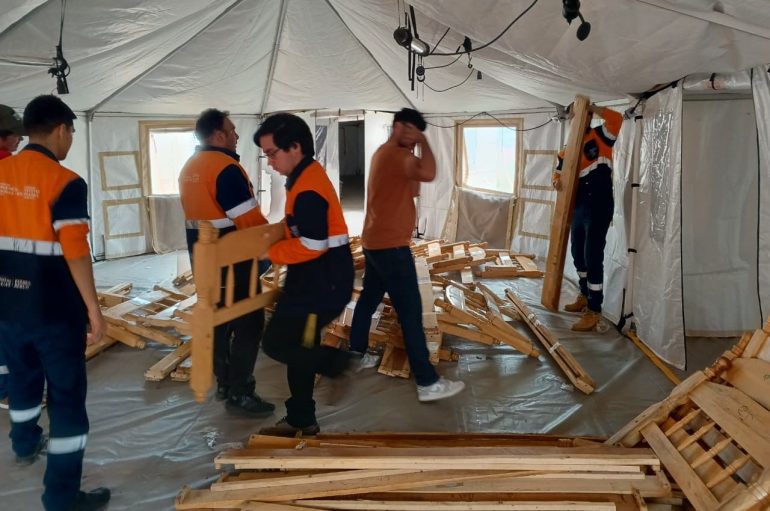Temporary shelters in the Paraguayan cities of Asunción, Limpio, and San Lorenzo, set up by the National Emergency Secretariat (SEN), have been dismantled. These shelters provided refuge for a total of 1,624 homeless people during the coldest months of 2025 as part of Operation Jaho’i, meaning “to cover” in Guaraní language.
The temporary shelters provided essential services, including accommodation, food, and medical care. The shelters were part of a wider effort coordinated by the Paraguayan government.
Next to those efforts, there was Solidarity Nights (Noches Solidarias), a group of young volunteers, bringing aid to people on the streets during cold winter nights. Every night when the temperature dropped below 10 degrees Celsius (50 degrees Fahrenheit), they went out onto the streets of the metropolitan area of Asunción, offering warmth to the ones that need it at their most vulnerable.
Temporary shelters breakdown
In Asunción, the Costanera shelter assisted 1,421 people. Of this number, 1,112 were men, 275 were women, and 27 were minors. Additionally, 37 foreign nationals received assistance there. During the operation, 47 complaints were processed, and seven services were provided on the streets, according to data from the SEN’s Risk Reduction Department.
The Limpio temporary shelter housed 43 people – 38 men and 2 women. Three complaints were received, and three street services were provided. In San Lorenzo, the shelter accommodated 160 vulnerable individuals, comprising 152 men and 8 women, including one foreign national. Four complaints were verified in San Lorenzo.
A safe space
The Costanera shelter in Asunción, with a capacity of 54 beds, was part of Operation Jaho’i. The operation involved collaboration from various state institutions. The shelter provided a safe space for people, especially children, who were vulnerable and required protection from the cold.
Beyond offering shelter, warm clothing and meals, the government had already launched the SUMAR second phase for community-based addiction treatment, part of its ongoing commitment to providing comprehensive support to vulnerable individuals


